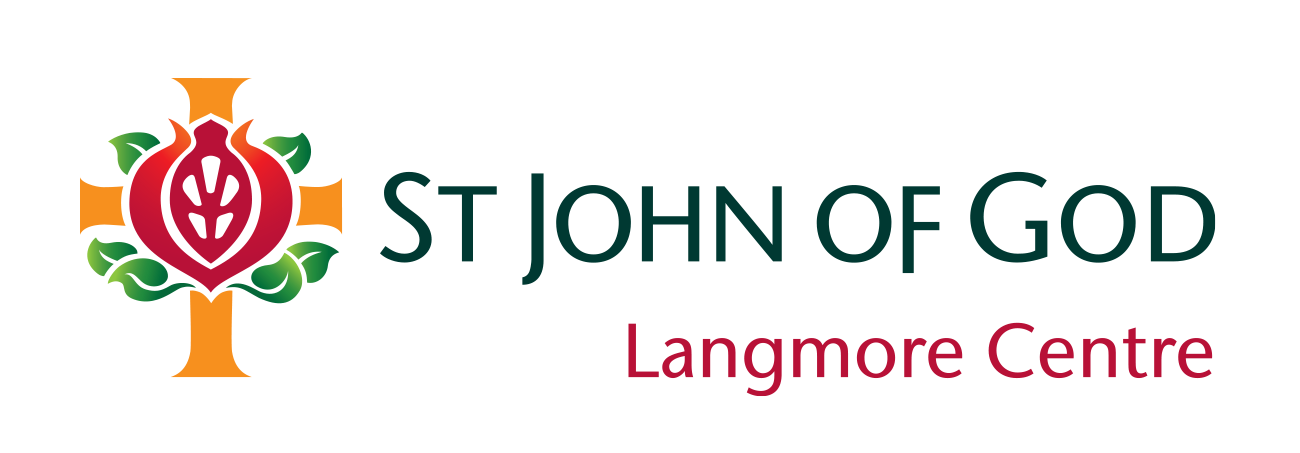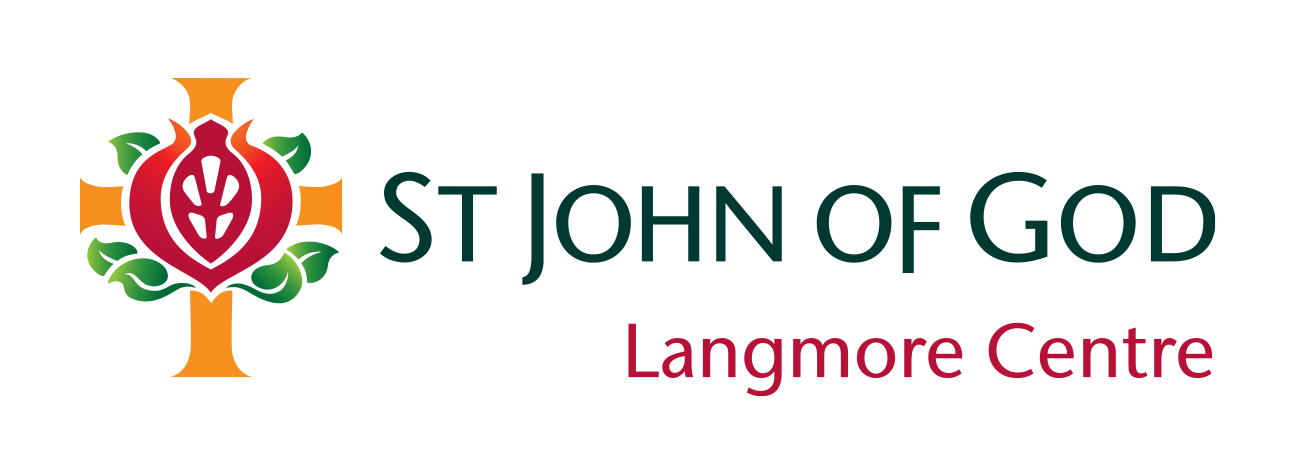- Our services
- Mental health and therapy
- Adult ADHD
Adult ADHD

What is ADHD?
Attention deficit hyperactivity disorder (ADHD) is a neurodevelopmental disorder that affects focus, attention and behaviour.
People with ADHD face challenges with concentration, hyperactivity and impulse control.
Signs and symptoms of ADHD usually start in childhood, however, many people only receive an ADHD diagnosis as adults.
Symptoms of ADHD
There are three main types of ADHD:
- predominantly inattentive
- predominantly hyperactive-impulsive
- combined presentation.
- Has trouble staying focussed.
- Dislikes or avoids activities that require sustained mental effort.
- Struggles with prioritising tasks, time management and organisation.
- Seems to make careless mistakes or does not pay attention to details.
- Will often start a task but abandon it soon after, leaving work or projects incomplete.
- Has trouble following through with instructions or meeting deadlines.
- Easily distracted.
- Frequently misplaces or loses belongings such as phone, wallet or keys.
- Forgets everyday tasks such as paying bills, keeping appointments or returning phone calls.
- Is constantly restless or “on the go”.
- Talks too much.
- Finds it hard to stay seated.
- Fidgets or squirms when seated.
- Interrupts others when speaking.
- Finishes other’s sentences or blurts out an answer without waiting to hear the full question.
- Has difficulty waiting their turn.
- Acts without thinking about the consequences.
- Easily frustrated.
People with a combined presentation experience both inattentive and hyperactive-impulsive symptoms of ADHD.
Adult ADHD treatment in South East Melbourne
Once an ADHD diagnosis is reached, many people report feeling a sense of relief, a better understanding of themselves and why they do the things they do.
St John of God Langmore Centre offers an adult ADHD diagnosis and treatment program that empowers you with tools and strategies to complement medication, offering a multi-disciplinary approach to managing ADHD long term.
Adult ADHD diagnosis and treatment program
The three month, evidence-based program supports adults with ADHD by offering comprehensive inpatient and post-discharge services, addressing the symptoms that affect relationships, daily functioning and professional success.
The program is for adults (aged 18+) who are experiencing ADHD symptoms in daily life and are seeking assessment, diagnosis and medication.
1. Admission to St John of God Langmore Centre
You spend two weeks as an inpatient, receiving dedicated assessment for ADHD, closely monitored prescription for medication and daily group therapy.
An inpatient stay provides you with 24/7 support and a range of evidence-based group therapies such as cognitive behavioural therapy (CBT), dialectical behaviour therapy (DBT), mindfulness and sensory modulation.
2. Discharge
You are discharged following your two week inpatient stay. For the next eight weeks you take part in the ADHD day program whilst going about your normal life at home.
3. Additional support
If further management is required after completing the ADHD day program, we offer an additional week of inpatient care. During this time, your medications are reviewed by a psychiatrist and you receive further coaching to equip you with the skills needed to thrive with ADHD.
Visit your GP or psychiatrist and ask for a referral to St John of God Langmore Centre’s adult ADHD diagnosis and treatment program.
Send your referral to [email protected] and call the intake team on 03 9773 7000 who will review your referral and arrange admission.
- Private health insurance: Gold cover is required for admission, however, you are now able to upgrade your cover to access more benefits for inpatient treatment without serving a waiting period.
- WorkCover: If a member has a mental health approved claim we are contracted to provide care for patients covered by WorkCover, we can also support you to access provisional acceptance.
- Self funded patients are also welcome.
Unfortunately we cannot admit you to the program if:
- you have an active substance misuse or eating disorder
- you are currently receiving involuntary treatment under the Mental Health Act
- you are considered a risk to yourself or others
- you are not suited for inpatient care based on the pre-admission assessment.

